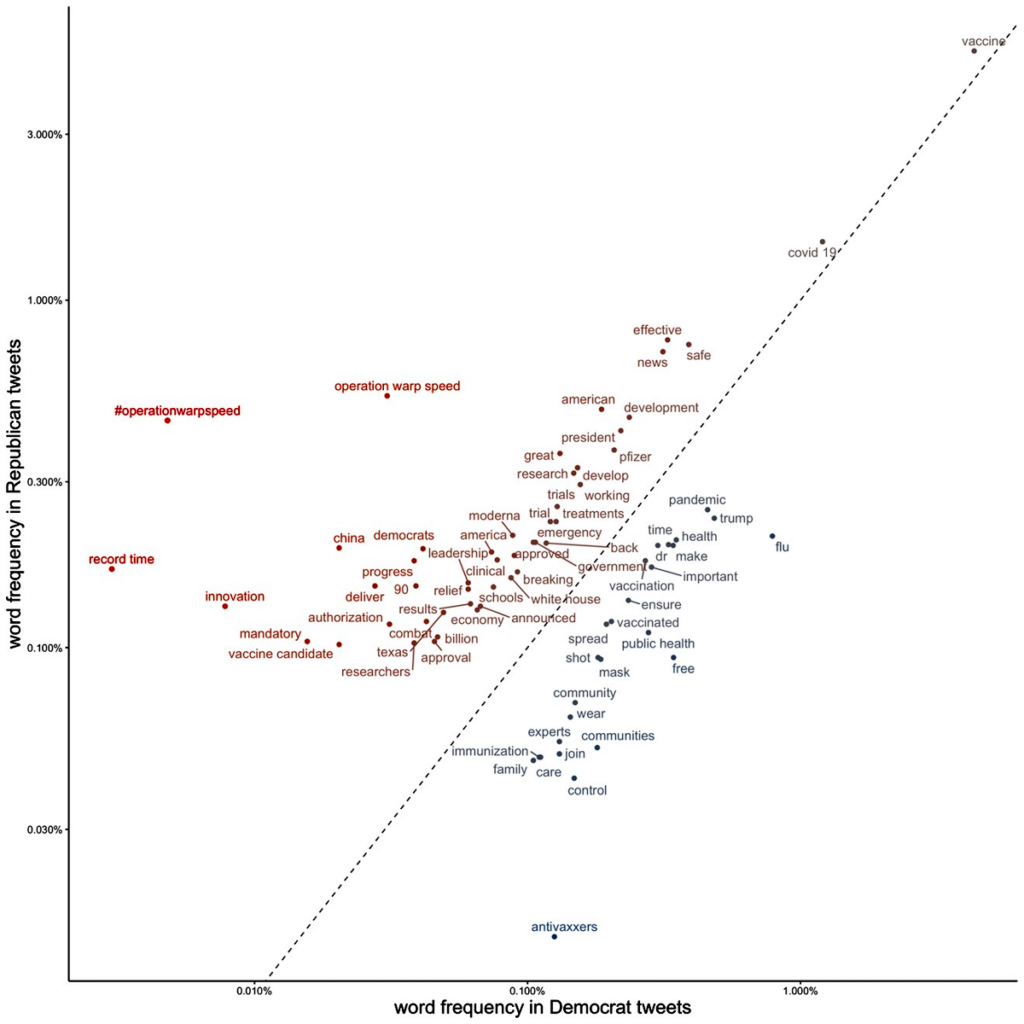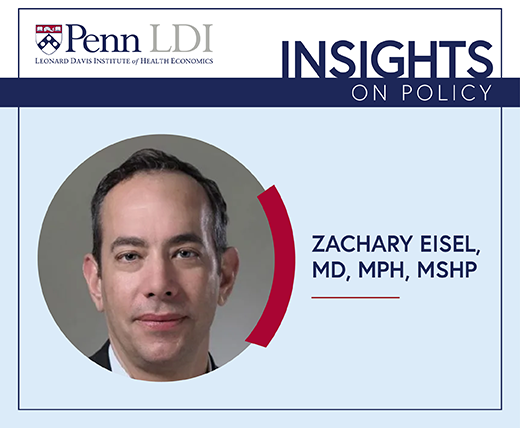
Over 500 U.S. Hospitals Have Stopped Delivering Babies Since 2010
A Crisis in Maternal Care is Unfolding—and it’s Hitting Rural and Urban Communities Alike
Blog Post

Social media outlets such as Twitter enable people, politicians included, to share their knowledge and opinions on topics of concern, including COVID-19. Because the language that politicians use to communicate with their constituents about vaccination may play an important role in vaccine uptake during the pandemic, we were curious about the partisan differences in the language that state and federal legislators used to communicate about vaccination.
In our study, published recently in JMIR Infodemiology, we reported that Republicans were more likely to use words and topics (e.g., “record time,” “Operation Warp Speed success”) that discussed the successful development of the SARS-CoV-2 vaccine. Democrats, on the other hand, were engaged in a broader conversation that was more aligned with public health messaging about the vaccine, using words and terms such as “influenza,” “antivaxxers,” “vaccine prioritization,” and “free.” Republicans tweeted about fewer topics than Democrats, and the keywords associated with Republicans were more highly partisan than those associated with Democrats. Both of these findings are consistent with the presence of more focused, consistent vaccine-related communication from Republican than Democrat legislators. We also found that the political polarization of vaccine-related tweets increased over the study period.
The politically polarized discussion of vaccination on Twitter has the potential to further contribute to vaccine hesitancy. While Twitter content reflects conversations happening outside of digital spaces, it also shapes these conversations. Given the power of the platform, future research needs to directly measure the effect of politicians’ vaccine-related communication on vaccine uptake.
The study, Partisan Differences in Legislators’ Discussion of Vaccination on Twitter During the COVID-19 Era: Natural Language Processing Analysis, was published in JMIR Infodemiology on February 18, 2022. Authors include Eden Engel-Rebitzer, Daniel C. Stokes, Zachary F. Meisel, Jonathan Purtle, Rebecca Doyle, and Alison M. Buttenheim.




A Crisis in Maternal Care is Unfolding—and it’s Hitting Rural and Urban Communities Alike

Stable Payments Improved Margins But Not Liquidity, New LDI Analysis Finds

LDI Senior Fellow Cited for “Significant Contributions” in Research

Outdated Laws Target Black and Queer Lives in Over 30 States, Fueling a Deadly Disease

Selected for Current and Future Research in the Science of Amputee Care

Research Memo: Delivered to House Speaker Mike Johnson and Majority Leader John Thune

Research Memo: Delivered to House Speaker Mike Johnson and Majority Leader John Thune

Hospitals’ Current Cost Reports are Unreliable and Should be Improved, LDI Fellow Finds